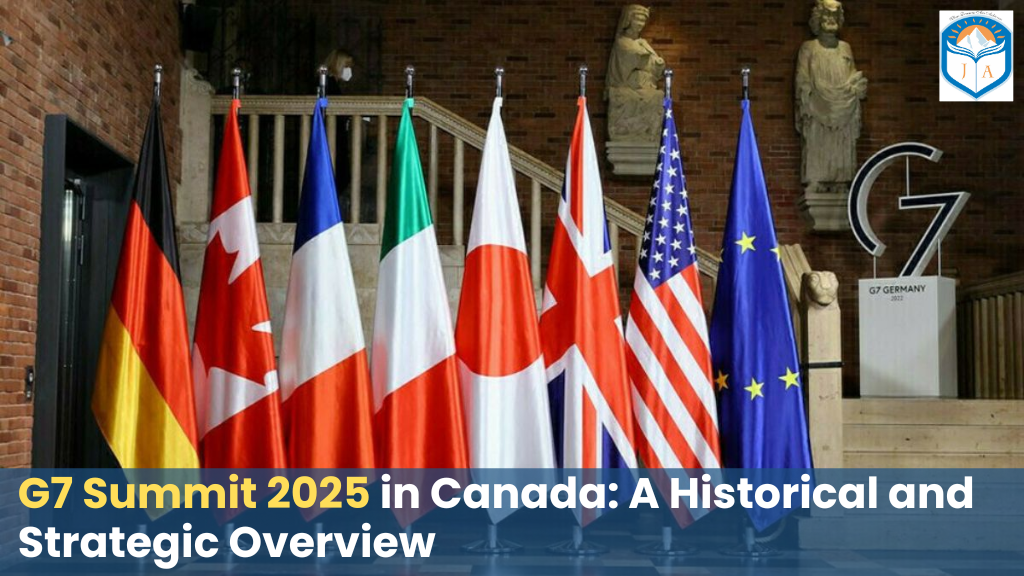Physical Address
304 North Cardinal St.
Dorchester Center, MA 02124
Physical Address
304 North Cardinal St.
Dorchester Center, MA 02124

The G7 Summit 2025, hosted in Bari, Italy, from June 7 to 9, concluded with powerful resolutions on climate change, artificial intelligence (AI) regulation, and economic resilience amid ongoing global instability. This year’s summit was attended by leaders of the United States, United Kingdom, Canada, Germany, France, Italy, and Japan, alongside key representatives from the European Union and invited observers from India, Brazil, and South Africa.
As the world grapples with challenges ranging from technological disruption to environmental degradation, this year’s summit was seen as a critical moment to forge collective action.
One of the major highlights of the summit was the expansion of the Global Green Transition Fund, with G7 countries pledging a combined $180 billion over the next five years to support developing nations in achieving net-zero targets.
Key announcements included:
Italian Prime Minister Giorgia Meloni called the climate agenda “the moral obligation of our generation,” while German Chancellor Olaf Scholz said, “Climate justice is global justice.”
Another dominant theme was the regulation of Artificial Intelligence, particularly with the rapid rise of generative AI models and autonomous decision-making systems.
The G7 leaders jointly agreed to establish the “G7 AI Ethics Consortium”, a body designed to:
U.S. President Joe Biden emphasized, “AI cannot be the wild west. We need rules of the road to protect democracy and human rights.”
Japan also proposed a global framework for AI auditing, which gained support from the European Union and Canada.
With economies still reeling from the impacts of COVID-19, the Russia-Ukraine war, and Middle East tensions, economic discussion took center stage.
The G7 issued a joint economic statement that includes:
France and the UK also floated a proposal to create a “Digital Euro-Atlantic Trade Zone”, which could become a reality by 2027.
Though largely aligned on issues, some differences emerged during the summit:
Brazil’s President Luiz Inácio Lula da Silva, attending as an observer, praised the summit’s “balanced tone between development and regulation.”
Media outlets worldwide hailed the summit’s outcomes:
Social media trends such as #G72025, #AIethics, and #GreenFutureNow dominated platforms like Twitter and LinkedIn throughout the event.
The G7 nations agreed to reconvene in virtual format in November 2025 to assess progress, especially on AI and climate deliverables.
Meanwhile, Italy’s chairmanship was praised for inclusive diplomacy, and India is expected to play a key mediating role in future summits as a bridge between developed and developing nations.
As the global community waits to see how these promises translate into action, the 2025 G7 Summit may be remembered as a moment when world leaders chose long-term responsibility over short-term politics.